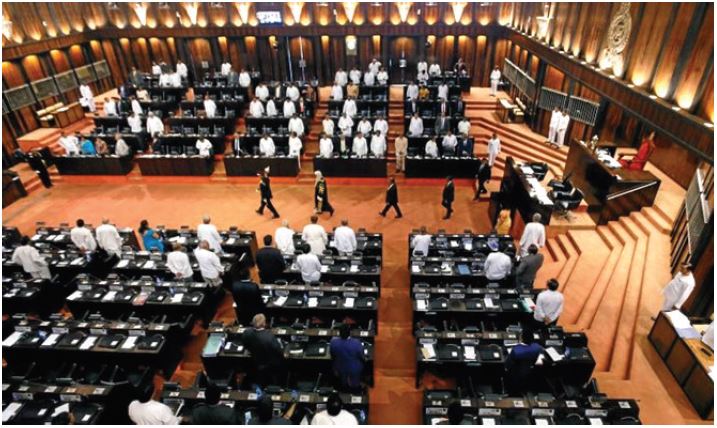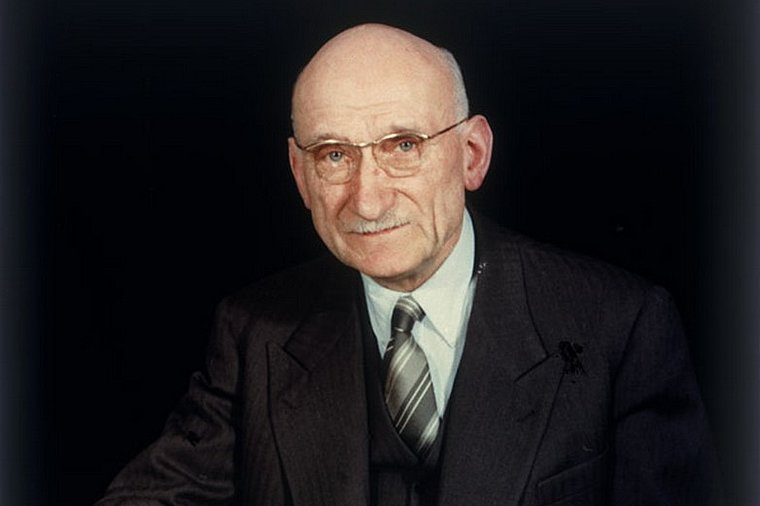Albania is a typical country where the communist dictatorial regime tried to influence the creation of a new type of citizen with moral values and mentality based on communist ideology. The state machinery pushed the whole society in a class struggle, not only against the persons descending from the so called overthrown exploiting classes but even against the whole population mentality and ethics considered to be not in line with the recipes given by the communist regime.
This created a distorted education system and eliminated the proper educational institutions including the religious ones.
The education after decades of dictatorship modified the social, moral, anthropological references of a part of the population. Even though the democracy is in place for now twenty years, Albanian society must fight again some types of violence due to the differences of ethical notions.
Lay citizens have been working with Albanian governments in order to promote a referential system more in line with their convictions. In the multi religious social reality, where more than the half of the population are Muslims and only 10 to 15% are Catholics, the role of the local Churches and communities in education and Youth formation is much appreciated.
Although the Albanian governments have been trying reforms in education and Youth formation, the parents, especially the intellectual ones of all religions, appreciate the Catholic Church referential system and prefer to bring their children, when possible, to schools and formation institutions run by Catholic Church.
The impact of the Albanian Catholic executives, lays as well as religious, is based on a long term vision reinforced by their experience during hard times. Ecumenism and inter-religious dialog is neither easier neither friendlier than in any other part of the world. If they succeed in developing new referential system for the Albanian society, it is due to a deep solidarity between members of “family” (expressing by this word, the biological link as well as the intellectual or the professional one, the parish group as well as the school friends).
The common preoccupation for the young generation and the local development are the principal motivations for citizens of this country which for years have been heavily dependent on the diaspora (20 % of the active population) for their financial support.
The way to build the religious harmony based on respect and tolerance, new basis for the society, without exclusion but coaching in specialized ways for the people who were damaged by dictatorship, might be a useful example for other societies emerging from dictatorships or civil wars.




Leave A Comment
You must be logged in to post a comment.